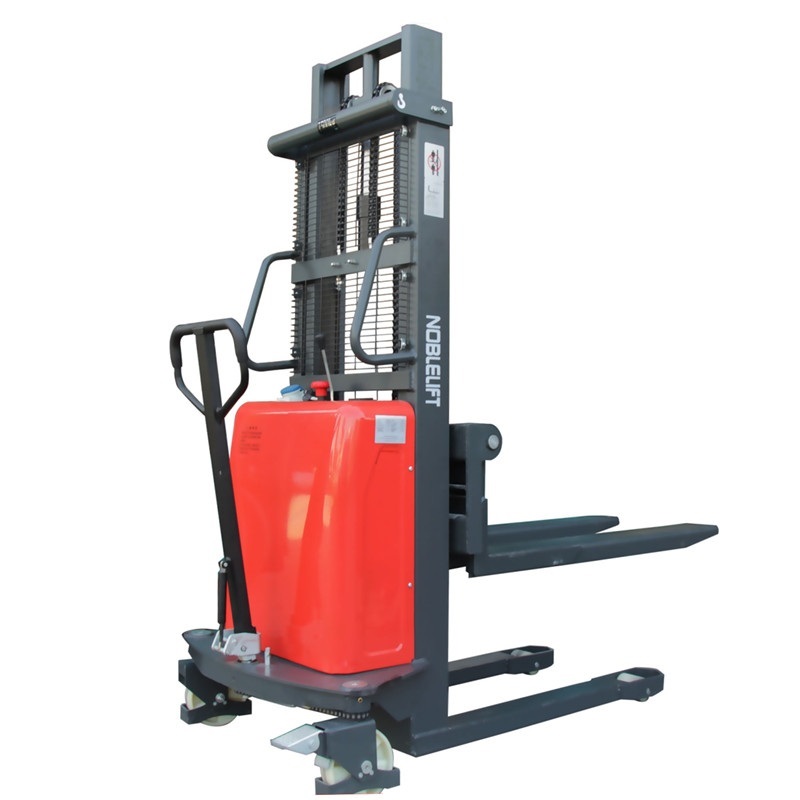The Role of Forklift Trucks in Modern Materials Handling
Forklift trucks, also known as lift trucks or fork trucks, are indispensable in the field of materials handling. These versatile machines are designed to lift, move, and stack materials efficiently, making them essential in various industries such as warehousing, manufacturing, and construction. This article delves into the different types of forklift trucks, their applications, and the safety measures associated with their operation.
Types of Forklift Trucks
Forklift trucks come in several types, each tailored for specific tasks and environments. The main categories include:
 ForkLift Trucks.com | China Manufacturer Trade price on Materials Handling Fork-lifts Truck, Stackers, Industrial vehicles, Scrubbers, Transporters Sale Buy Online Industrial Equipment in USA/UK/India/Australia/canada
ForkLift Trucks.com | China Manufacturer Trade price on Materials Handling Fork-lifts Truck, Stackers, Industrial vehicles, Scrubbers, Transporters Sale Buy Online Industrial Equipment in USA/UK/India/Australia/canadaElectric Forklifts: Powered by batteries, electric forklifts are known for their efficiency and low emissions. They are ideal for indoor use, particularly in warehouses with narrow aisles. Electric forklifts are quiet and require less maintenance compared to internal combustion engine forklifts.
Diesel Forklifts: Diesel-powered forklifts are robust and powerful, making them suitable for outdoor use. They can handle heavy loads and operate efficiently on uneven surfaces. These forklifts are commonly used in construction sites and outdoor storage areas.
Gas Forklifts: Gas forklifts, which can be powered by LPG or CNG, offer a balance between electric and diesel forklifts. They produce fewer emissions than diesel forklifts and can be used both indoors and outdoors. Gas forklifts are versatile and can handle a wide range of tasks.
Applications of Forklift Trucks
Forklift trucks are utilized in various industries for different purposes:
Warehousing: In warehouses, forklifts are used to move and stack pallets, load and unload trucks, and organize inventory. Their ability to navigate narrow aisles and lift heavy loads makes them essential for efficient warehouse operations.
Construction: On construction sites, forklifts transport materials such as bricks, steel beams, and concrete blocks. They are crucial for moving heavy items quickly and safely, reducing the need for manual labor.
Manufacturing: In manufacturing plants, forklifts move raw materials to production lines and transport finished products to storage areas. They help streamline the production process and improve overall efficiency.
Retail: In retail environments, forklifts are used to stock shelves, move merchandise, and assist with inventory management. They are particularly useful in large retail stores and distribution centers.
Safety Measures
Operating a forklift truck requires proper training and adherence to safety protocols to prevent accidents and injuries. Some key safety measures include:
Training: Operators must undergo comprehensive training to understand the controls, functions, and safety features of the forklift. They should also be familiar with the specific type of forklift they will be using34.
Inspections: Regular inspections of the forklift are essential to ensure it is in good working condition. This includes checking the brakes, tires, lights, and hydraulic systems.
Load Handling: Operators should be aware of the forklift’s load capacity and avoid overloading. Proper load handling techniques, such as securing the load and keeping it balanced, are crucial for safe operation34.
Work Environment: The work environment should be free of obstacles and hazards. Operators should be cautious when navigating through tight spaces and be aware of other workers and equipment in the area34.
Conclusion
Forklift trucks play a vital role in modern materials handling, offering versatility and efficiency in various applications. Understanding the different types of forklifts, their uses, and the safety measures associated with their operation is essential for maximizing their benefits and ensuring a safe working environment. As industries continue to evolve, the importance of forklift trucks in maintaining productivity and safety cannot be overstated.